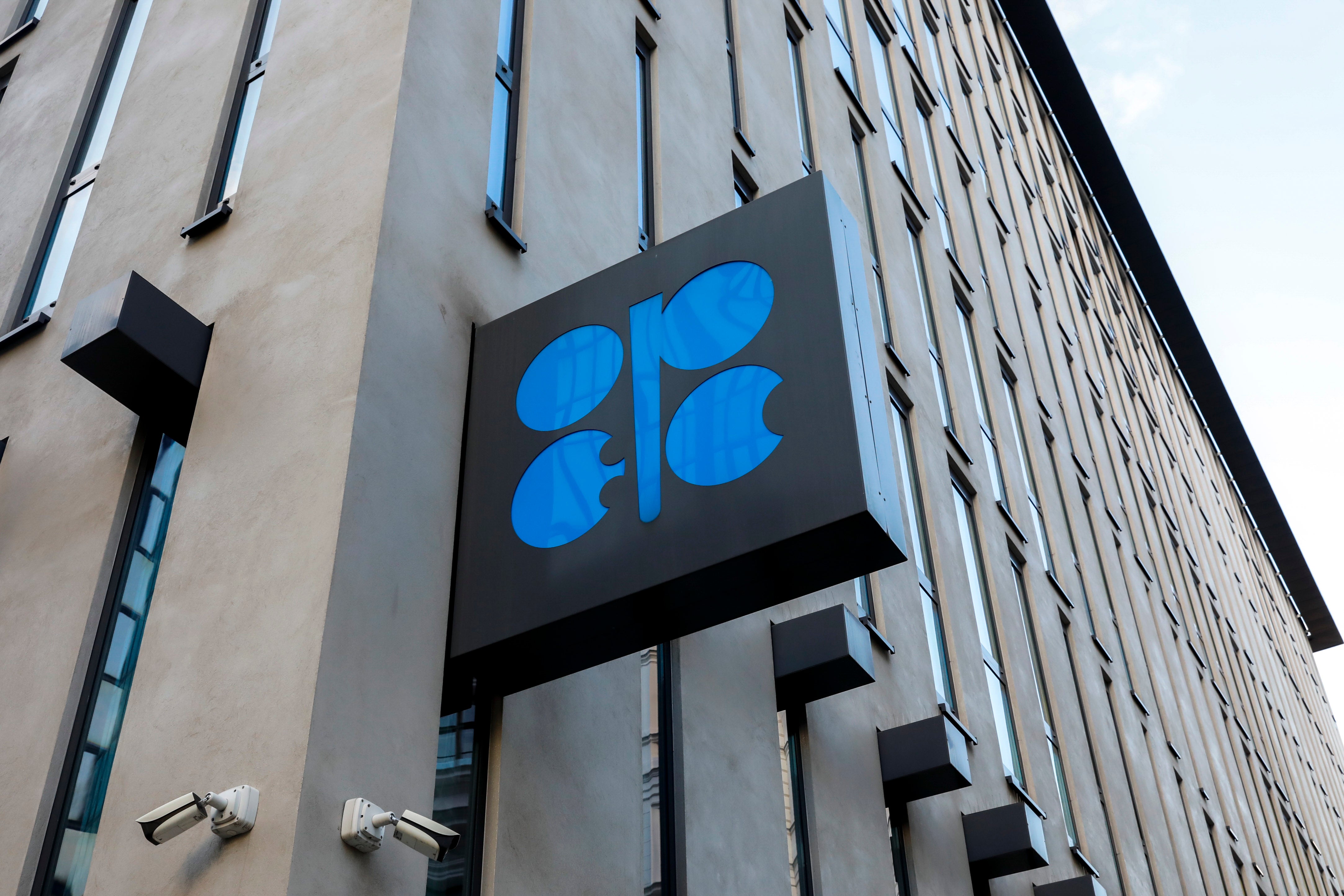Angola is leaving OPEC oil cartel after 16 years after dispute over production cuts
Angola says it’s leaving the OPEC oil producers cartel, coming after it battled with the group over lower production quotas this year

Your support helps us to tell the story
From reproductive rights to climate change to Big Tech, The Independent is on the ground when the story is developing. Whether it's investigating the financials of Elon Musk's pro-Trump PAC or producing our latest documentary, 'The A Word', which shines a light on the American women fighting for reproductive rights, we know how important it is to parse out the facts from the messaging.
At such a critical moment in US history, we need reporters on the ground. Your donation allows us to keep sending journalists to speak to both sides of the story.
The Independent is trusted by Americans across the entire political spectrum. And unlike many other quality news outlets, we choose not to lock Americans out of our reporting and analysis with paywalls. We believe quality journalism should be available to everyone, paid for by those who can afford it.
Your support makes all the difference.Angola announced Thursday that it's leaving the OPEC oil producers cartel, coming after it battled with the group over lower production quotas this year.
Diamantino de Azevedo, the African nation's oil minister, said Angola “does not gain anything by remaining in the organization,” according to state news agency Angop. The country joined OPEC in 2007.
Disagreements over lower oil quotas for some African countries, including Angola, led to an usual dayslong delay to OPEC's November meeting, where the group, along with allied producers led by Russia, decide how much oil to send to the world.
At the meeting, Angola's production level was dropped to 1.11 million barrels per month after an assessment by the three independent sources, the organization said.
OPEC, led by Saudi Arabia, has been trying to bolster oil prices that have fallen in recent months over concerns about too much crude circulating in a weakening global economy, which could weigh on the thirst for oil for travel and industry.
The lower prices have been a good thing for U.S. drivers, who have been able to fill their gas tanks for less money in recent months but have hurt the bottom line of OPEC oil producers. The price of U.S. benchmark crude has fallen 8% this year.
Oil prices have gotten a boost in recent days as Yemen's Houthi rebels have escalated attacks on ships in the Red Sea and companies have diverted vessels from traveling through the area, where huge amounts of the world's energy supplies transit between the Middle East, Asia and Europe.
While losing Angola, OPEC announced at its meeting last month that it was bringing Brazil into the fold, a major oil producer that has been producing record amounts of crude this year, according to the International Energy Agency.
An OPEC spokesman didn't immediately respond to an email seeking comment.